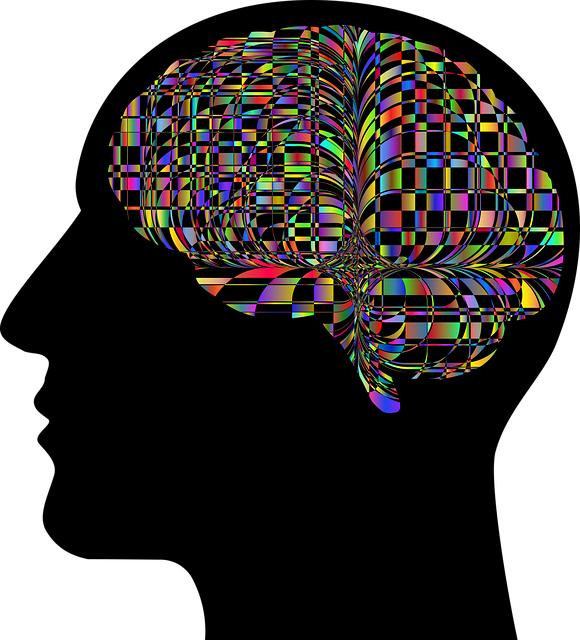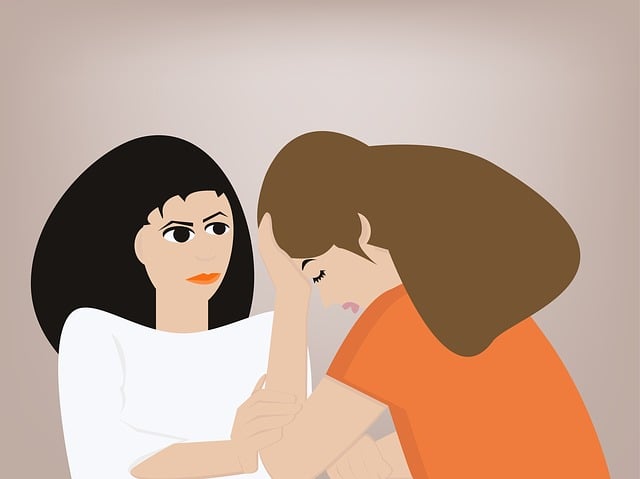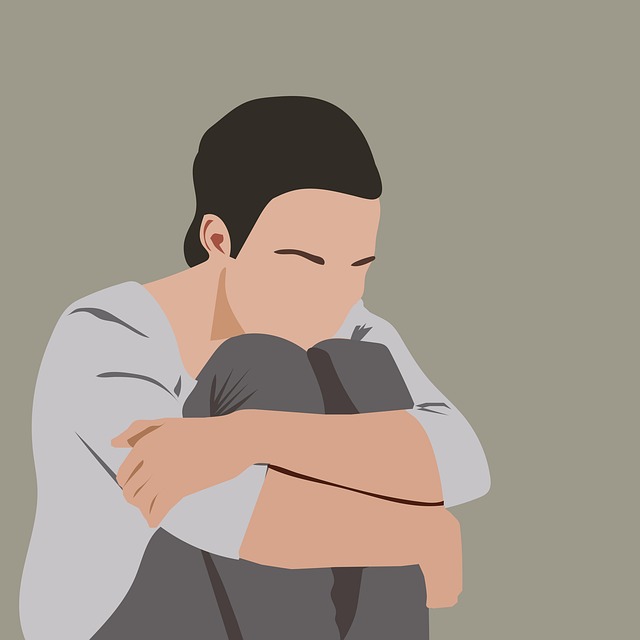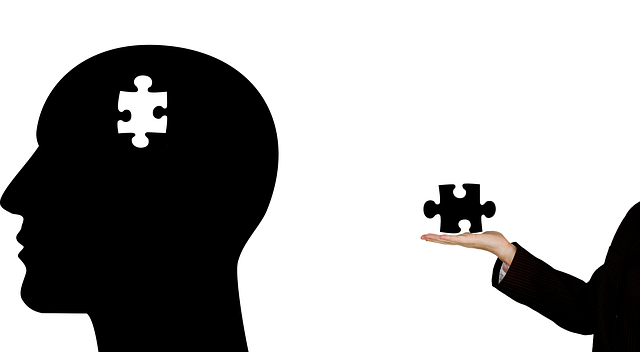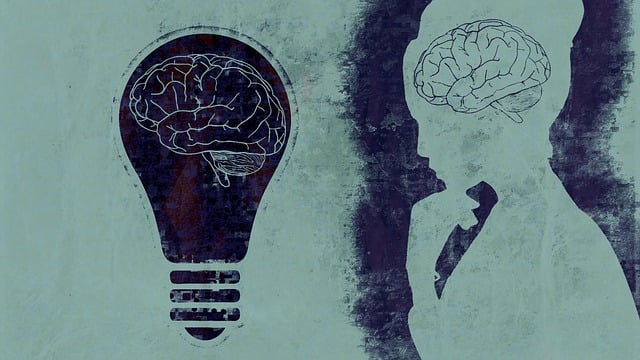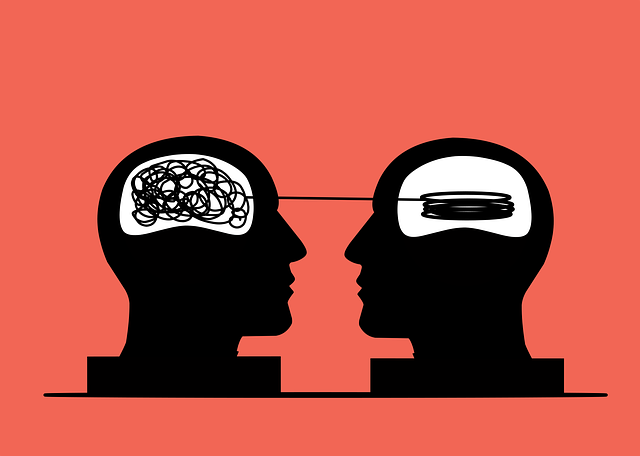Community outreach programs play a vital role in supporting young adults facing interpersonal challenges by offering tailored therapy and resources. These initiatives focus on building coping skills, stress management, and communication through workshops and counseling. By integrating evidence-based practices like Trauma Support Services and Stress Reduction Methods, these programs empower individuals with practical tools to navigate relationships and emotional stressors. Measuring success through assessment ensures ongoing improvement, fostering healthier communities and long-term mental well-being for young adults dealing with interpersonal issues.
Community outreach programs play a vital role in addressing interpersonal skills development and mental health among young adults. This article delves into effective strategies for implementing initiatives that cater to this demographic. We explore key components, from understanding the unique needs of young adults to designing engaging programs, implementing evidence-based therapy techniques, and measuring success through quantifiable outcomes. By focusing on interpersonal issues, these programs foster healthy development and well-being in communities across the nation.
- Understanding Community Outreach for Young Adults
- Designing Interpersonal Skills Programs
- Implementing Effective Therapy Strategies
- Measuring Success and Continuous Improvement
Understanding Community Outreach for Young Adults

Community outreach programs play a pivotal role in addressing the unique needs of young adults by offering tailored support and resources. For this demographic, understanding interpersonal issues is crucial; many young adults grapple with developing coping skills and managing stress as they navigate adulthood’s complexities. These outreach initiatives aim to bridge the gap between individuals seeking therapy for young adults and the available services.
Through interactive workshops and one-on-one counseling sessions, community outreach focuses on empowering young adults to build inner strength. It equips them with effective stress reduction methods and coping skills development strategies, fostering resilience against interpersonal challenges. By integrating these initiatives into local communities, individuals gain access to much-needed support networks, promoting overall mental well-being.
Designing Interpersonal Skills Programs

Designing Interpersonal Skills Programs for community outreach initiatives is a strategic step toward enhancing the well-being of young adults grappling with interpersonal issues and emotional challenges. These programs aim to equip individuals with essential communication, conflict resolution, and empathy-building skills, fostering healthier relationships and a stronger sense of belonging within their communities. By integrating evidence-based practices from therapy for young adults interpersonal issues, such as Trauma Support Services and Stress Reduction Methods, participants can learn effective coping strategies and Emotional Healing Processes.
Community outreach organizations play a vital role in identifying the unique interpersonal challenges faced by young adults in diverse settings. Through tailored programs, they can address concerns ranging from social anxiety to assertiveness training, promoting resilience and overall mental health. By fostering these skills, these initiatives not only empower individuals but also create more supportive and inclusive environments, ultimately enriching the community as a whole.
Implementing Effective Therapy Strategies

Implementing effective therapy strategies is a cornerstone of successful community outreach programs, particularly when focusing on interpersonal issues that commonly affect young adults. These programs should be designed to foster an environment where individuals feel safe and supported, encouraging open communication and emotional expression. One key approach is incorporating techniques for burnout prevention, as many young adults struggle with the demands of modern life. Group therapy sessions can provide a platform for peer support and shared experiences, helping participants develop coping mechanisms to manage stress and avoid exhaustion.
Additionally, teaching conflict resolution techniques and empathy building strategies is invaluable. These skills enable individuals to navigate interpersonal challenges constructively, promoting healthier relationships and reducing conflicts within the community. By integrating such therapeutic methods, outreach programs can empower young adults with practical tools to address their emotional and social needs, ultimately enhancing their overall well-being.
Measuring Success and Continuous Improvement

Measuring the success of community outreach programs, particularly those aimed at young adults dealing with interpersonal issues and seeking therapy, is a crucial step in ensuring their effectiveness. By implementing various assessment tools, organizations can gauge the impact on participants’ mental health, including resilience building and anxiety relief. This data provides valuable insights for continuous improvement, allowing program coordinators to adapt and refine strategies over time.
Regular evaluation enables them to identify areas where support for mood management is most needed and adjust resources accordingly. It’s through this iterative process that community outreach programs can truly make a lasting difference, fostering environments where young adults not only find relief from interpersonal challenges but also develop the tools for long-term mental wellness.
Community outreach programs aimed at young adults can significantly enhance mental health support and interpersonal skills development. By combining tailored therapy strategies with engaging programs, we can address interpersonal issues effectively. Continuous improvement, measured through thoughtful assessments, ensures these initiatives remain impactful and relevant. This holistic approach not only empowers young adults but also fosters healthier communities. For those seeking specialized assistance, therapy for young adults with interpersonal problems has proven to be a game-changer, offering valuable tools for personal growth and improved well-being.
